The United States has reported that about 8,000 North Korean troops are currently stationed in Russia’s Kursk region, according to Deputy U.S. Ambassador to the United Nations Robert Wood. Speaking at a Security Council meeting, Wood challenged Russia to clarify its position on the troop presence. While Russia has neither confirmed nor denied the deployment, North Korea previously defended the move, asserting it complies with international law. The presence of these troops comes amid ongoing conflict following Russia’s invasion of Ukraine in 2022.
The U.S. and several allies, including Ukraine, have condemned Russia’s use of North Korean forces, alleging it violates U.N. resolutions against Pyongyang, which is under sanctions due to its nuclear ambitions. Ukraine further accused North Korea of direct involvement by naming three generals it claims are overseeing the troops in Russia. At the same time, tensions rose within the Security Council as the U.S. and China clashed over accusations that China is supplying significant support to Russia's military efforts.
In response to these developments, the U.S. imposed sanctions on around 400 entities and individuals, including several from China, to counter any efforts to circumvent restrictions on Russian military support. These sanctions aim to weaken Russia’s defense capabilities, while also underscoring China’s alleged role in prolonging the war. China’s U.N. Deputy Ambassador denied the allegations, stating that Beijing has not supplied any weapons to the conflict and adheres to strict controls on dual-use items.
These legal and diplomatic conflicts underscore the complex international dynamics surrounding the Ukraine war. As various nations stake their positions, the situation remains volatile, with heightened geopolitical tensions over military support, sanctions, and territorial integrity. The ongoing exchanges at the U.N. reflect the broader global divide on the conflict and its far-reaching implications.



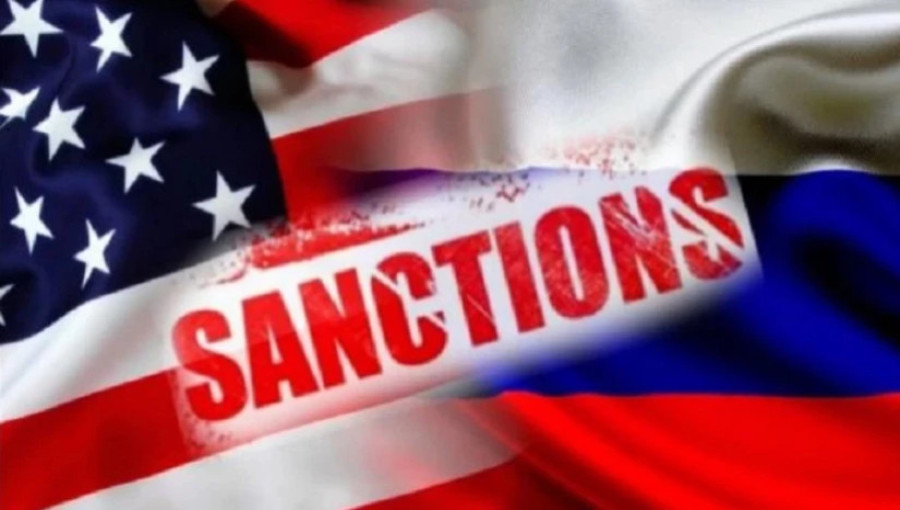
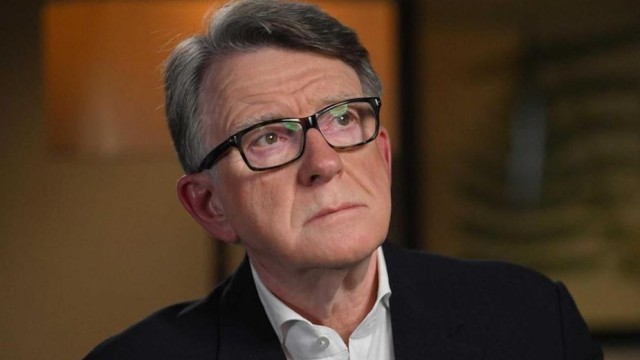

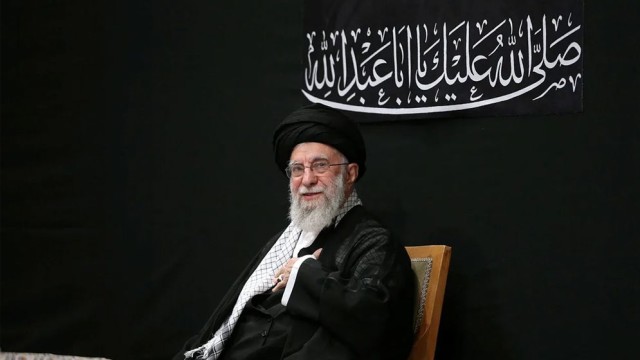
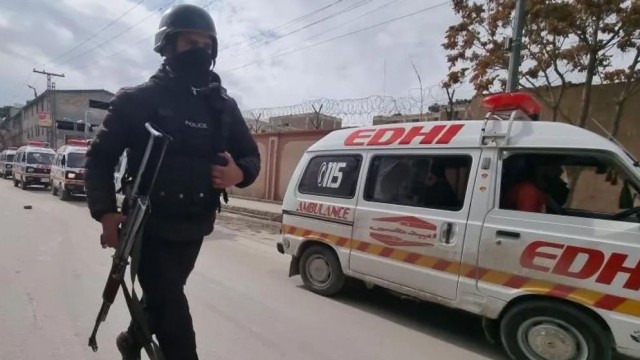
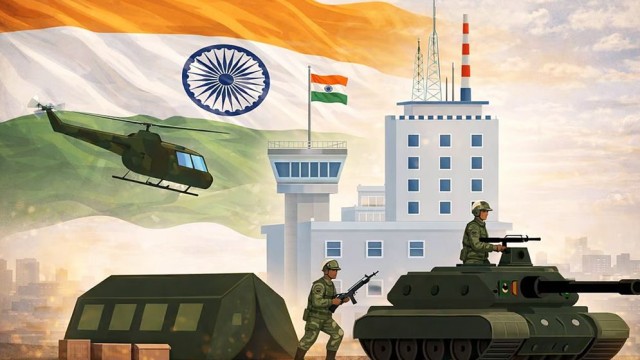


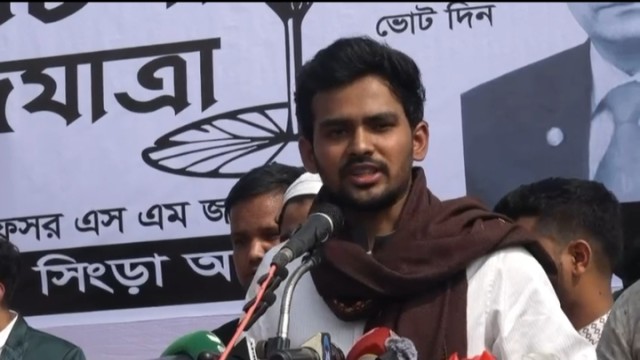
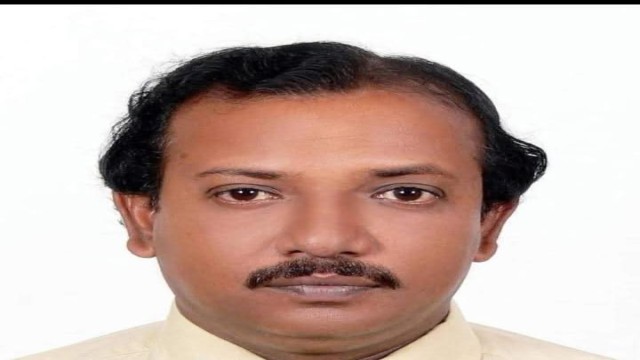


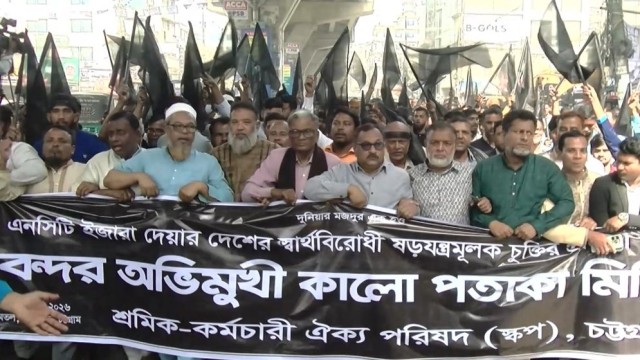
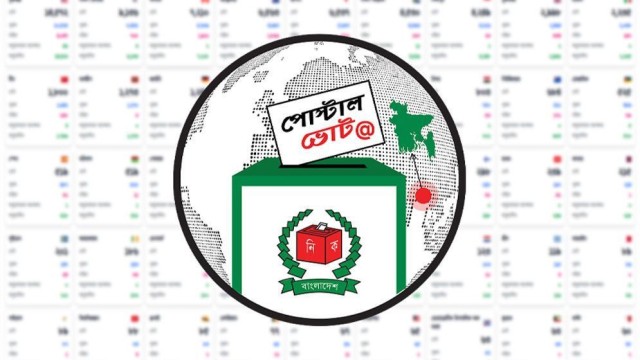
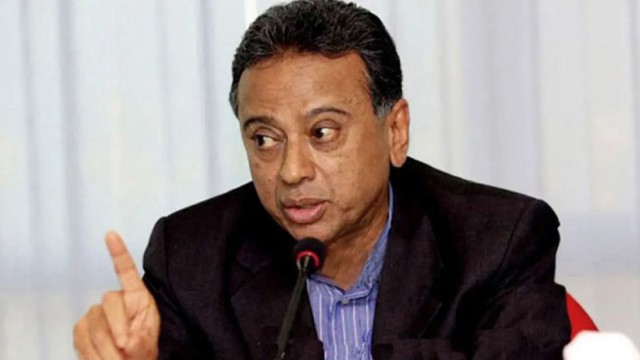

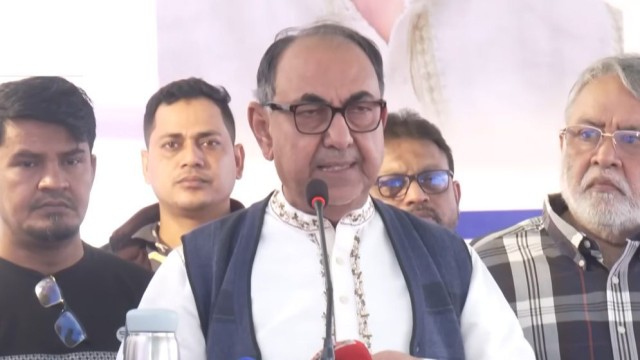








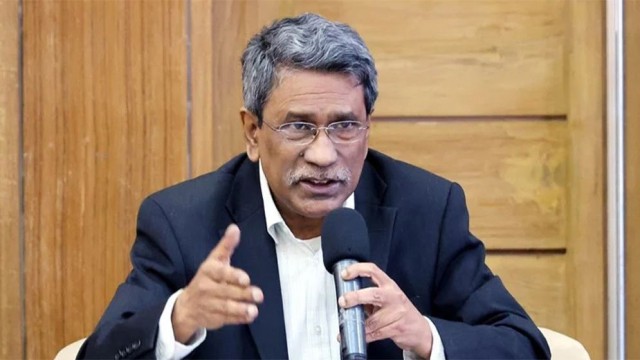
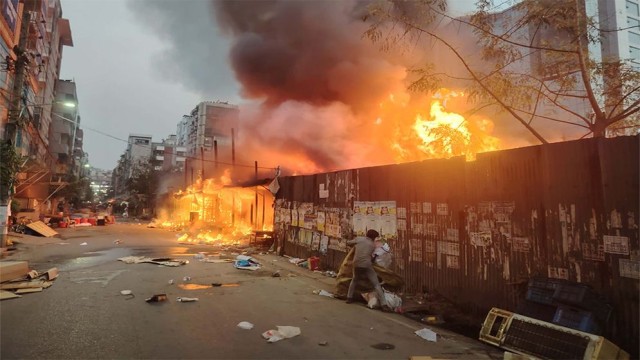

Comment: